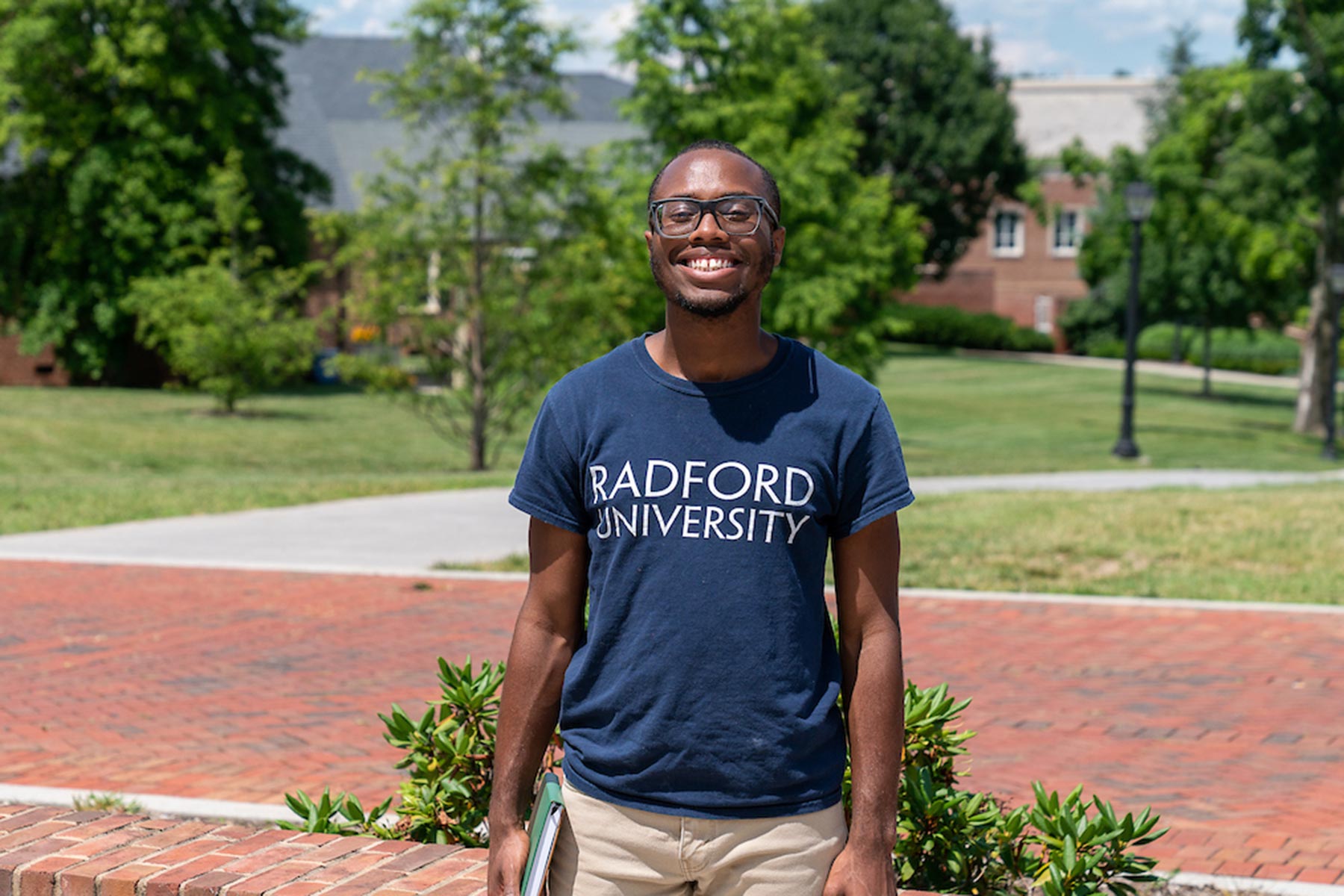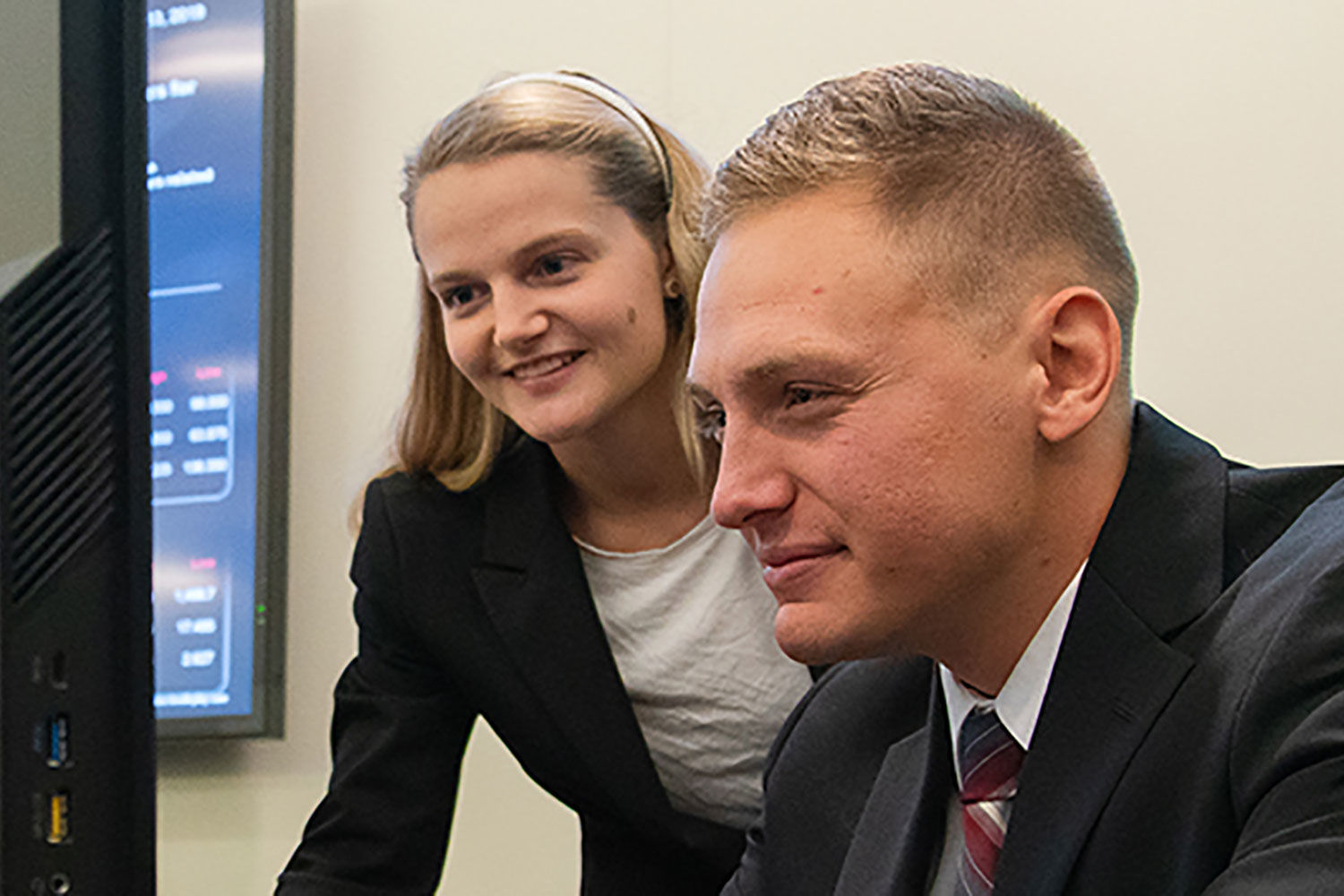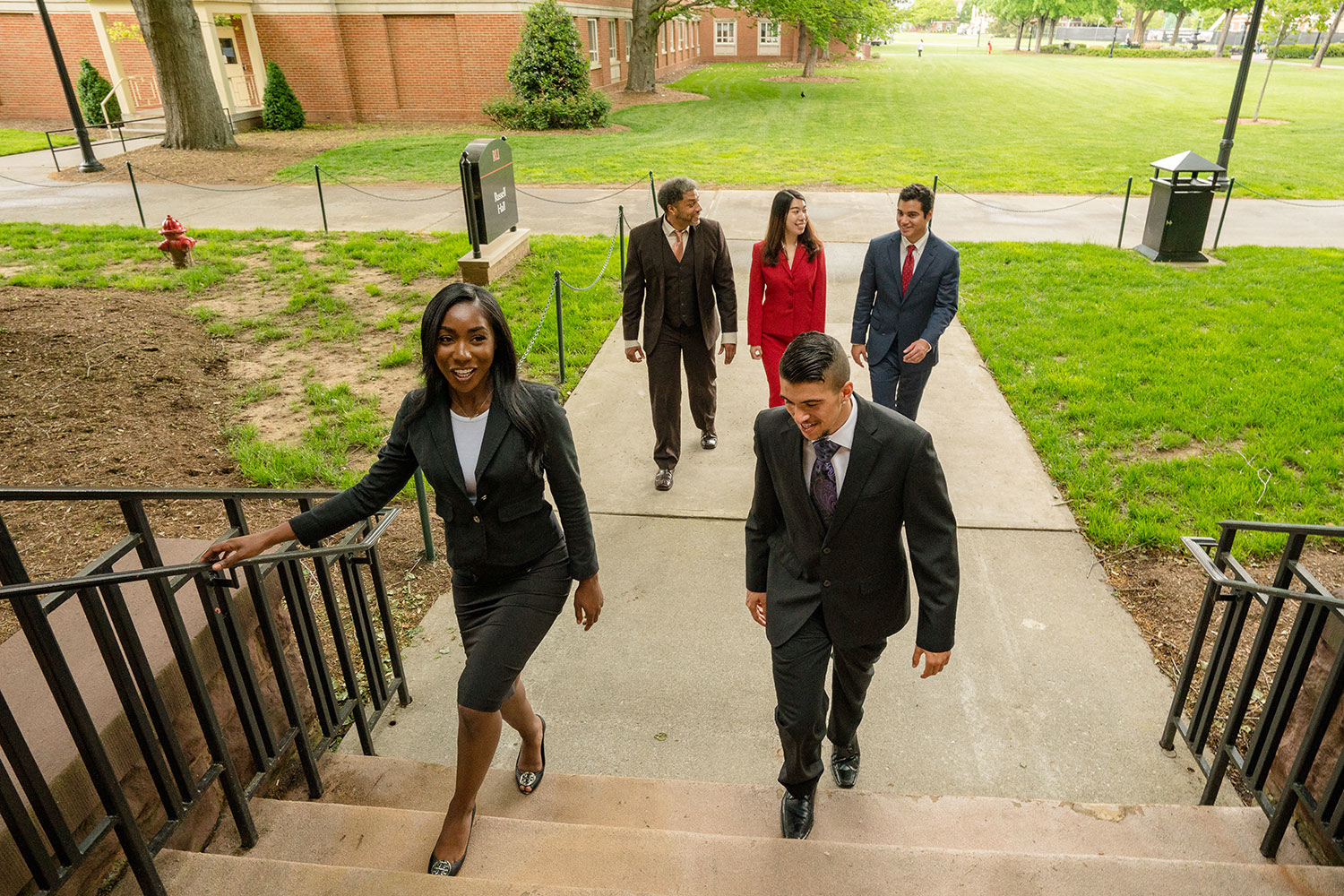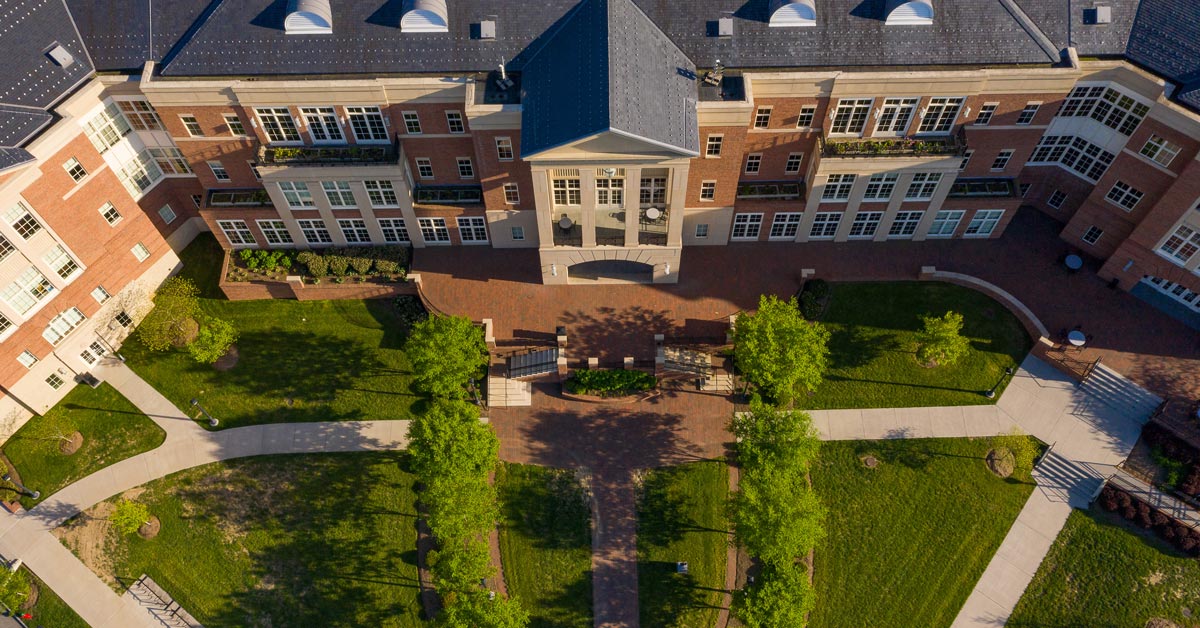Overview
By pursuing a degree in Economics, you get to examine how people manage their limited resources and learn how we can improve living standards, waste less, prioritize our goals, and make society a better place. Our program will help you sharpen skills like critical and analytical thinking, logical reasoning, and policy analysis.
Why Study Economics at Radford?
- Broaden Your Understanding of Society: The B.S. in economics program is designed to help enhance your understanding of scarcity, sacrifice, waste, well-being, public policy, and society.
- Develop High-Value Skill Sets: You will develop a broad set of competencies and knowledge like critical thinking and logical reasoning that will be useful in a range of real-world settings and help you be an effective citizen the the modern world.
- Get a Well-Rounded Education: You will explore a vast set of modern issues crucial to understanding the world around you, like sustainability, poverty, inequality, prosperity, and economic policy.
- Cost-Effective Materials: Many of our economics courses use low-cost or no-cost materials, reducing the expense for students.
- General or Specialized Knowledge: You can pursue a general major path where you can select from a broad range of courses or choose a Sustainable Development concentration with a focus on the economy through the lens of the environment.
- Online Learning Options: If you already hold an approved associate degree, you can complete an economics B.S. fully online.
Careers and Internships
Data from the U.S. Census Bureau estimates the median salary for people with an economics bachelor’s degree at $89,600/year (2022). This estimate rises to $122,000/year if you pursue a graduate degree.
Bachelor of Science
Our economics B.S. students often pursue and secure internships at local government offices, DC-centered government organizations, and larger companies in Virginia.
With this B.S., you can pursue a range of roles in the public or private sector, including working in large businesses, the international sector, all levels of government, the nonprofit sector, or the environmental sector. The most popular career paths include government, consultancy, education, health, urban development, nonprofit, labor, energy, and environment.
Further education is also common for economics-B.S. majors. In recent years, many of our graduates from this program have gone on to law school or to pursue graduate studies in economics and public policy.
Bachelor of Business Administration
With an economics B.B.A., graduates are often most successful in pursuing roles in large businesses, the international sector, banking, finance, insurance, and the real estate sector. The most popular career paths include banking, finance, insurance, real estate, consultancy, public finance, and human resources.
In recent years, many of our Economics-B.A.A. majors have gone on to work in regional banks, large insurance companies, and nationally recognized companies.
Opportunities for Economics students at Radford
You have the option to join The Economics Student Association (E.S.A.), a club that unites economics majors and others interested in the field. The E.S.A. also runs point on organizing a team to participate in the Fed Challenge, an annual monetary policy challenge for collegiate-level students that is run by the Federal Reserve Bank.
You will also have opportunities to engage in supervised research with a faculty member, study abroad, and pursue internships in the local area.
The department also hosts regular activities for our economics and business students, including the Economics Book Club, public lectures, seminars, and workshops.
-
30+ years of AACSB accreditation
(Advance Collegiate School of Business)
-
Only 5% of schools in the world are AACSB accredited
-
1969 Economimcs major was created at Radford University
Help make the world a better place
There are not enough resources to produce everything we desire, so we must make choices about how to use what little resources we have. In the end, sacrifices must be made. Economists study individual decision-making behavior, as well as the system of social, political, cultural and commercial environments where these decisions happen.
“I knew that when I came to Radford and chose Economics as my major that I’d have a variety of job opportunities awaiting me after I graduate college.”





